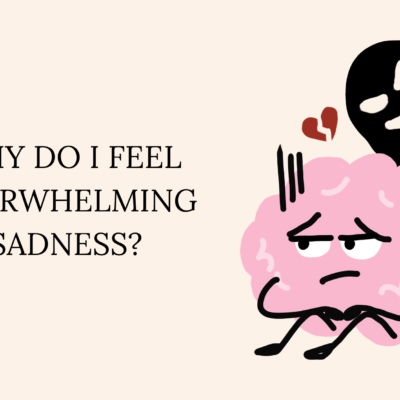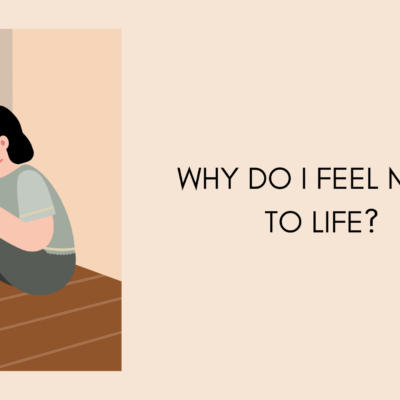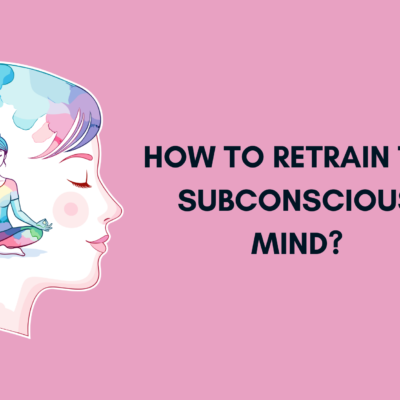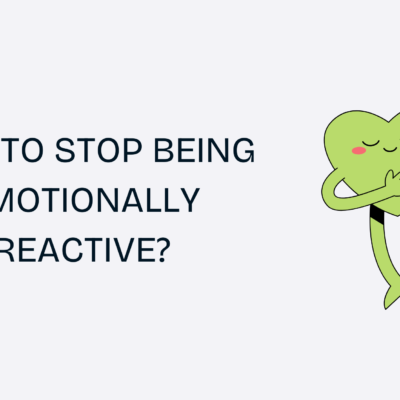How to Not Bottle Up Emotions: How many times have you said “I’m fine” when you weren’t? Or smiled through pain just to avoid a difficult conversation?
Most of us, at some point, have bottled up our emotions—hiding anger, sadness, fear, or disappointment behind silence or a fake smile. While it might seem like the easier choice in the moment, constantly suppressing your feelings can have serious emotional, mental, and even physical consequences.
This article will help you understand why you bottle up emotions, how it affects your well-being, and most importantly—how to stop bottling things up and start expressing yourself in healthy, empowering ways.
Also Read:
What Does It Mean to Bottle Up Emotions?
Bottling up emotions means suppressing what you feel rather than acknowledging or expressing it. You might tell yourself:
- “I don’t want to cause drama.”
- “My feelings don’t matter.”
- “I’ll deal with it later.”
- “No one will understand.”
Instead of speaking up, crying, or sharing, you push the emotion down and act like everything is okay—even when it’s not.
Why Do People Bottle Up Emotions?
You may bottle up your emotions because of:
1. Fear of Judgment or Rejection
You might worry people will think you’re too sensitive, too dramatic, or emotionally weak.
2. Avoiding Conflict
You don’t want to upset others or start an argument, so you stay quiet to “keep the peace.”
3. Childhood Conditioning
If you grew up in a home where emotions were ignored, mocked, or punished, you may have learned to suppress your feelings to feel safe.
4. Low Self-Worth
You might believe your emotions aren’t valid or worth expressing.
5. Perfectionism
If you always want to appear strong or “put together,” showing emotions may feel like a failure.
The Hidden Dangers of Bottling Emotions
Bottling things up might seem harmless, but over time, it can lead to:
- Emotional breakdowns or explosive outbursts
- Anxiety or depression
- Physical symptoms like headaches, insomnia, fatigue, or even chronic illness
- Relationship issues—your loved ones may feel distant or confused
- Loss of identity—you forget who you are because you’re always hiding what you feel
In simple terms: what you suppress doesn’t disappear—it builds up, and eventually, it comes out in unhealthy ways.
How to Stop Bottling Up Emotions
If you want to live with emotional freedom and healthier relationships, here’s a step-by-step guide to stop suppressing your emotions and start expressing them with strength and clarity.
1. Acknowledge Your Emotions
The first and most powerful step is to recognize what you’re feeling. Many people are so used to ignoring their emotions that they don’t even know what’s going on inside them.
Try this:
- At the end of the day, ask: What did I feel today? When did I feel tense, hurt, or frustrated?
- Use emotional vocabulary: Instead of just saying “bad” or “fine,” identify the real emotion—angry, sad, anxious, jealous, hurt, afraid.
You can’t express what you don’t understand. Naming your emotions gives them power—and gives you power over them.
2. Start Journaling Your Feelings
One of the safest and most effective ways to release your bottled-up emotions is through journaling.
Why it works:
- It helps you organize your thoughts
- It makes emotions feel real and manageable
- It creates space between your feelings and your actions
Start by writing:
- “Today I felt…”
- “I was hurt when…”
- “What I wish I could say is…”
Let it all out—there’s no judgment on paper.
3. Learn to Feel Without Fixing
When you feel emotional discomfort, your instinct might be to distract yourself—scrolling social media, eating, working, or sleeping it off.
Instead, pause. Sit with your feeling. Ask yourself:
- Where do I feel this in my body?
- What is this emotion trying to tell me?
- What do I need right now?
You don’t have to fix or solve your emotion immediately. Sometimes, simply feeling it fully is enough to let it pass.
4. Practice Expressing Small Feelings First
If you’re used to bottling everything up, opening up can feel scary. Start small:
- Tell a friend, “I’ve had a tough day. Can I talk to you for a few minutes?”
- When you’re annoyed, try saying, “I feel a little frustrated because…”
- If something hurt you, express, “I know it wasn’t your intention, but that really hurt me.”
The goal isn’t to vent everything at once—it’s to build emotional muscles slowly and consistently.
5. Reframe Expression as Strength, Not Weakness
Society often teaches us that being emotional = being weak. That’s not true.
Expressing your emotions is one of the strongest, most courageous things you can do.
It takes guts to be vulnerable. It takes power to say, “I’m not okay,” or “I need support.” So when you feel something, remind yourself:
“I am not too much. My emotions are valid. My feelings deserve to be heard.”
6. Communicate Honestly in Relationships
One of the most common places people bottle emotions is in relationships—romantic, family, or even friendships. Instead of speaking up, you might smile, stay silent, or avoid conflict.
But real connection requires real honesty.
Here’s how to do it better:
- Use “I” statements: “I felt hurt when…” instead of “You made me feel…”
- Be curious: Ask others how they feel too—it opens space for mutual vulnerability.
- Choose timing wisely: Don’t bring up heavy emotions when tensions are high. Wait until you’re calm and ready.
When you share from a place of calm truth—not blame—you invite deeper trust and understanding.
7. Stop Judging Yourself for Having Emotions
A major reason people suppress feelings is self-judgment:
- “I shouldn’t feel this way.”
- “I’m overreacting.”
- “I’m being dramatic.”
But emotions don’t make you broken—they make you human.
Whatever you’re feeling is valid. It’s your body and mind trying to communicate with you. Instead of silencing the message, listen to it with compassion.
Try saying to yourself:
“I am allowed to feel this. I don’t have to apologize for being human.”
8. Seek Safe Support Systems
Some people may not be safe or supportive to open up to—and that’s okay. But it doesn’t mean you have to go through everything alone.
Look for people who:
- Listen without judging
- Validate your emotions
- Respect your boundaries
- Allow you to be your full, unfiltered self
This could be a close friend, partner, mentor, or therapist. Speaking your truth in a safe space can be incredibly healing.
9. Consider Therapy for Deeper Healing
If bottling emotions has become a lifelong habit—or if your emotions feel overwhelming—therapy can help.
A therapist can:
- Help you unpack childhood emotional patterns
- Teach emotional regulation tools
- Offer a judgment-free space for expression
- Guide you toward healthier communication
You don’t have to carry everything alone. Asking for help is not a weakness—it’s wisdom.
10. Create a Daily Emotional Check-In Routine
Healing doesn’t happen overnight. But emotional expression can become a daily habit—just like brushing your teeth.
Try this simple check-in each evening:
- What emotions did I feel today?
- What triggered them?
- Did I express them or suppress them?
- What do I need right now to feel supported?
Even five minutes a day can change the way you connect with yourself.
Conclusion: Embrace Emotional Honesty
Bottling up emotions might feel like protection—but in truth, it’s a slow self-destruction.
When you stop hiding your feelings and start honoring them, you don’t just heal—you transform. You build deeper relationships, a stronger sense of self, and a life that reflects your truth, not just your survival mode.
You don’t have to scream your emotions to the world. You just have to acknowledge them, respect them, and share them when needed.
Because your voice matters. Your feelings matter. And you matter—just as you are.






